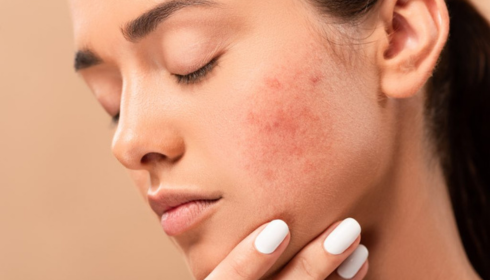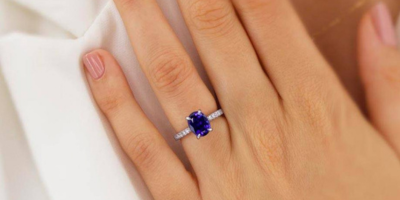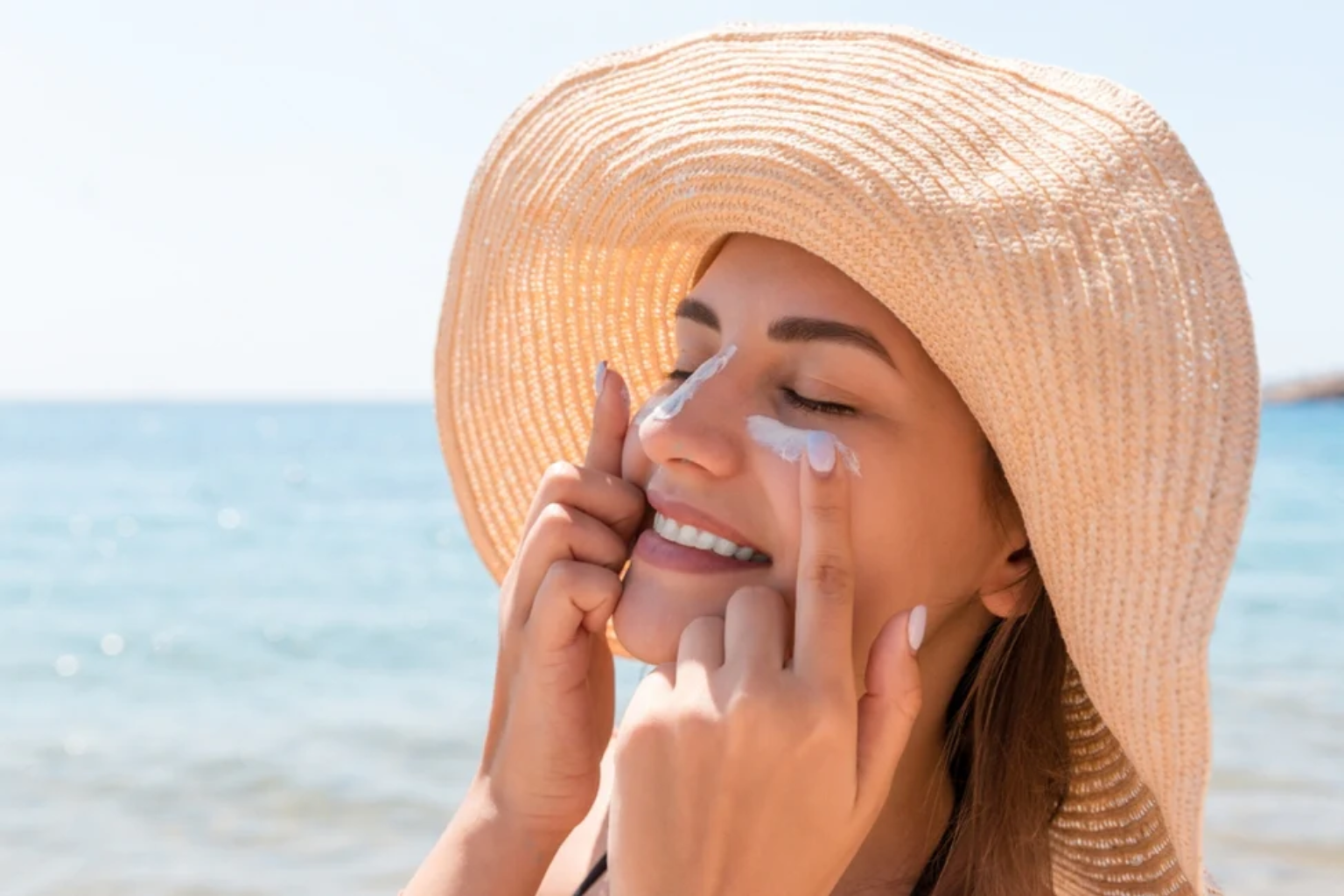Acne is frustrating enough on its own, but for many people, the real battle begins after the pimples fade. Those stubborn dark marks and uneven patches left behind—commonly known as post-acne spots—can linger for months or even years. While aggressive treatments like chemical peels, lasers, or prescription medications may be effective, they’re not for everyone. The good news is that fading acne scars doesn’t always require drastic measures. With the right ingredients, consistent care, and a bit of patience, you can significantly improve skin clarity without harsh methods.
The marks that remain after acne has healed are often a result of inflammation. When your skin experiences a breakout, especially a deeper or inflamed one, it triggers a healing response. In some cases, this results in hyperpigmentation, where the skin produces more melanin in that area. These are the flat, brown or red spots that may fade over time but tend to stick around far longer than we’d like. Thankfully, this type of scarring, known as post-inflammatory hyperpigmentation (PIH), is treatable with gentle, targeted skincare.
The first step in fading these spots is choosing ingredients that target pigmentation without irritating the skin. One standout option is Pigmentbio, a line specifically formulated to address dark spot correction while being suitable for sensitive and blemish-prone skin. It combines brightening agents like niacinamide with soothing and protective ingredients to help the skin recover its even tone gradually and safely. Niacinamide is particularly helpful because it not only fades dark spots but also supports the skin barrier and reduces inflammation—two key aspects in preventing new scars from forming.
Another effective ingredient to look for is azelaic acid. It’s gentle, naturally derived, and works by slowing melanin production, clearing pores, and calming the skin. Products with azelaic acid are often well-tolerated even by those with rosacea or reactive skin types. When used consistently, it can visibly reduce post-acne discoloration without triggering sensitivity. Similarly, ingredients like licorice root extract, vitamin C derivatives, and even low-concentration retinoids can support the process without overwhelming your skin.
Sun protection is non-negotiable. No matter how effective your scar-fading routine is, if you’re not using daily broad-spectrum SPF, your results will be limited—and your dark spots may even worsen. UV rays stimulate melanin production, meaning unprotected skin is far more likely to develop and retain hyperpigmentation. Look for a lightweight, non-comedogenic sunscreen and apply it generously every morning, even on cloudy days or when staying indoors.
Consistency is everything. Gentle fading takes time, but it also offers a safer path to long-term results. Many people give up too soon, expecting instant improvement. In reality, visible progress from even the best dark spot correctors may take six to twelve weeks. During this time, it’s crucial not to fall into the trap of over-exfoliation or mixing too many actives, which can irritate the skin and trigger new breakouts—thus starting the cycle over again.
Equally important is understanding that skincare is only part of the equation. A healthy lifestyle—balanced diet, good hydration, stress management—can influence how quickly and effectively your skin heals. Sleep and stress, for example, directly impact hormonal balance and inflammation levels, which in turn affect how your skin responds to past trauma like acne.
If your scars are particularly persistent or deep, consulting a dermatologist is always a wise choice. They can assess your skin type and offer tailored advice, which might include prescription-strength options or in-office treatments as a complement to your at-home care. However, many people with mild to moderate scarring find that the right over-the-counter regimen, such as using Pigmentbio consistently, is enough to achieve smoother, more even-toned skin.
The key takeaway is that you don’t have to choose between aggressive treatments and living with acne scars. With the right knowledge and tools, fading post-acne spots is entirely possible through a gentler, more sustainable approach. It might take time, but a steady routine rooted in kindness to your skin often yields the best and most lasting results. This is especially true when scarring is tied to deeper causes like hormonal imbalance—where treating the skin alone isn’t enough. Addressing internal factors alongside topical care can make all the difference in achieving clear, even-toned skin.





